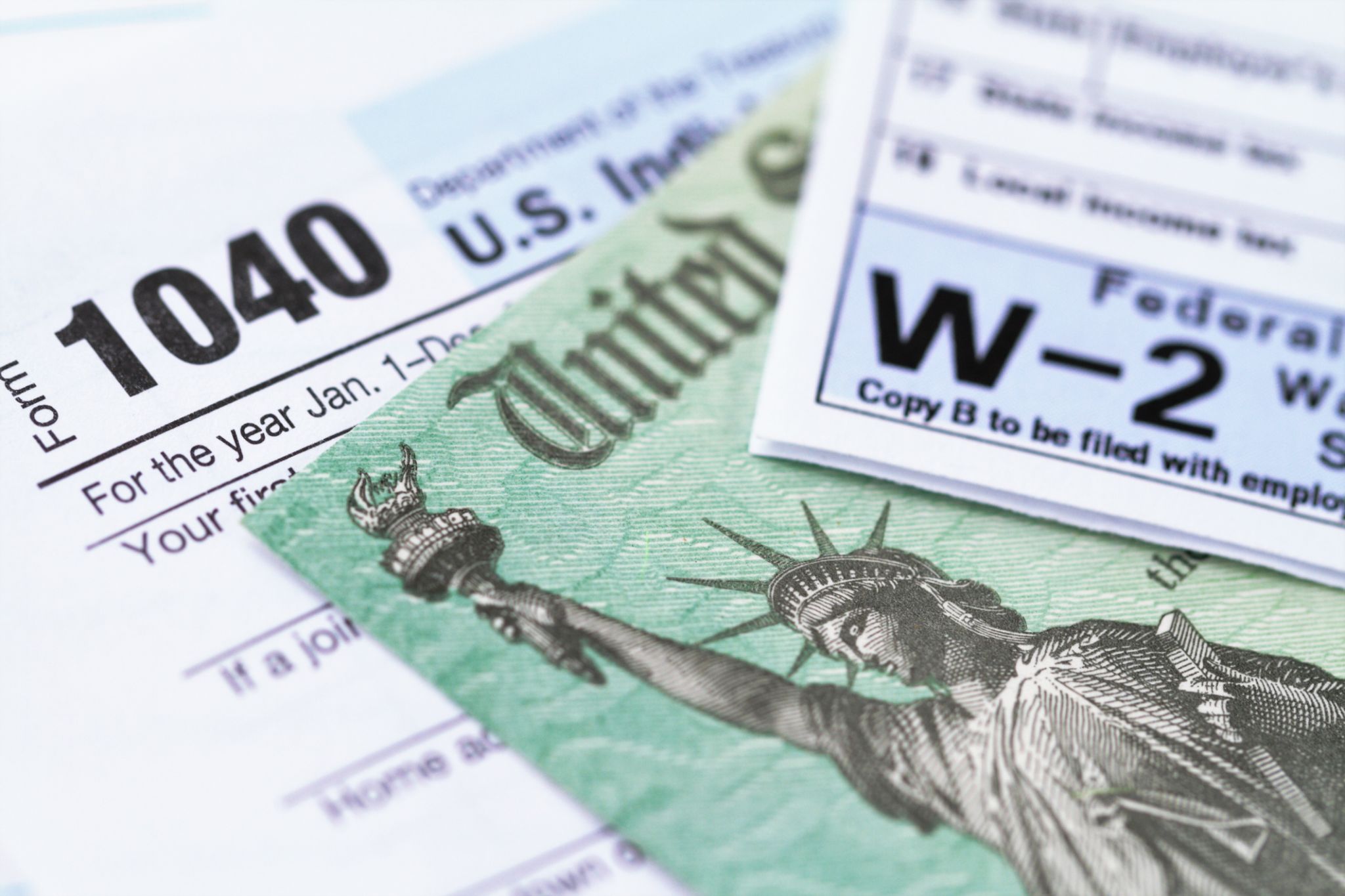Understanding the Mobile Notary Process: A Step-by-Step Guide
What is a Mobile Notary?
A mobile notary is a certified public officer who travels to clients' locations to witness the signing of important documents. This service is particularly beneficial for those who may have difficulty reaching a traditional notary office, offering convenience and flexibility. Mobile notaries are often used for real estate transactions, legal documents, and other sensitive paperwork that requires a witness.

How Does the Mobile Notary Process Work?
The mobile notary process involves several key steps to ensure that your documents are notarized correctly. By understanding each step, you can prepare adequately and ensure a smooth experience. Below is a step-by-step guide to help you navigate the mobile notary process.
Step 1: Schedule an Appointment
The first step involves contacting a mobile notary service to schedule an appointment. It's essential to provide details about the type of documents you need notarized and your preferred location. Most mobile notaries offer flexible scheduling to accommodate busy lifestyles, including evening and weekend appointments.
Step 2: Gather Necessary Documents
Before your appointment, gather all necessary documents that require notarization. Ensure that all parties involved in the signing are present at the appointment. Additionally, everyone must present valid identification, such as a driver's license or passport, to verify their identity.

Step 3: Meeting with the Mobile Notary
Once the appointment is scheduled, the mobile notary will meet you at the agreed-upon location. During this meeting, the notary will review your documents to ensure they are in proper order and all parties understand their significance. The notary will also verify each signer's identity and willingness to sign the documents voluntarily.
Step 4: Document Signing
After verification, you and any other parties involved will sign the documents in the presence of the notary. The notary will then affix their seal or stamp, officially notarizing the documents. This step is crucial as it adds a layer of authenticity and trust to the signed documents.

Step 5: Receiving Your Notarized Documents
Once notarized, the documents are returned to you for your records. It's important to keep these documents safe, as they are now legally binding and may be required for future reference or proceedings. Some mobile notaries may also offer additional services like document delivery or electronic copies for added convenience.
Benefits of Using a Mobile Notary
Using a mobile notary service offers several advantages. It saves time by eliminating travel to a physical location and provides flexibility for those with busy schedules. Additionally, it ensures privacy and comfort by allowing you to complete the process in a familiar setting. Whether you're dealing with a real estate transaction or legal paperwork, a mobile notary can make the process seamless and stress-free.
In conclusion, understanding the mobile notary process helps you navigate document notarization with ease. By following these steps and preparing in advance, you can ensure that your important documents are handled efficiently and professionally.